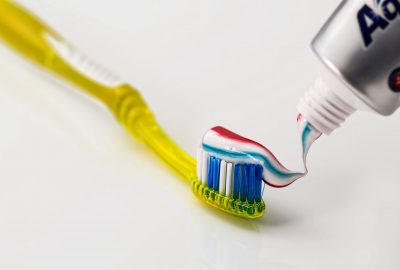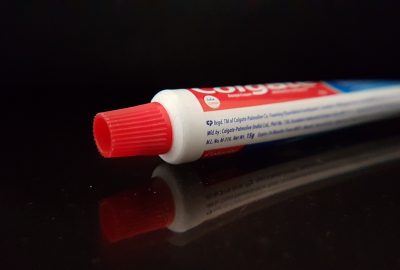Does chewing gum have a negative effect on your teeth?
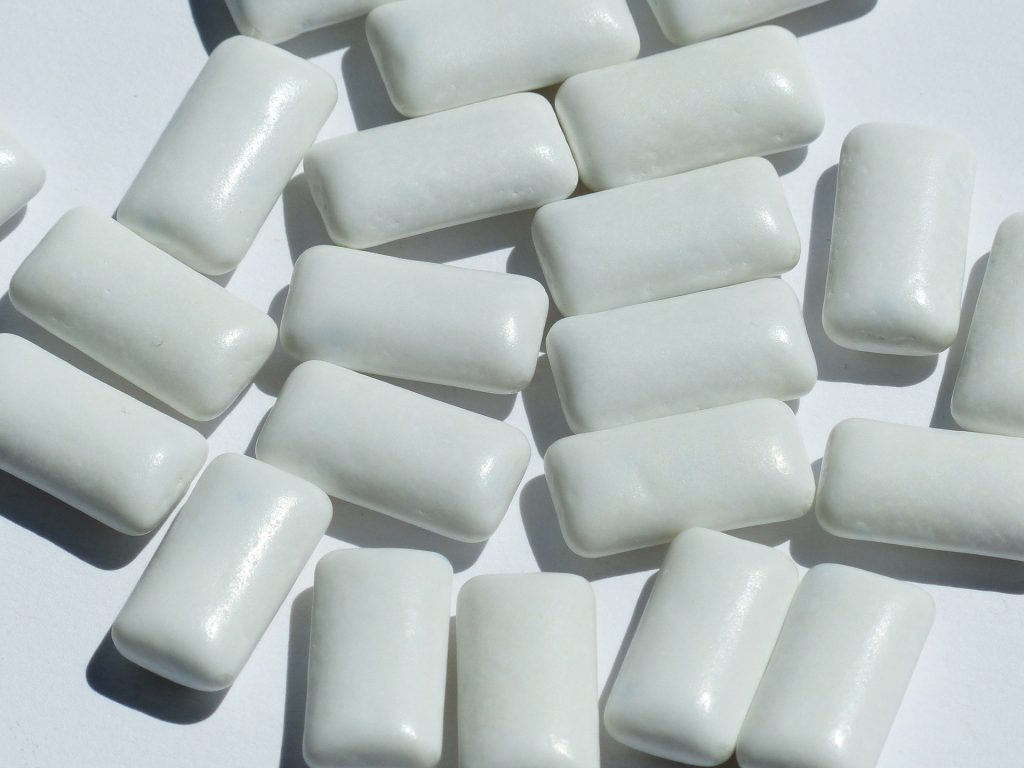 Chewing gum is known for its ability to mask bad breath and freshen up your mouth, but how harmful is it for your teeth? If at all?
Chewing gum is known for its ability to mask bad breath and freshen up your mouth, but how harmful is it for your teeth? If at all?
Not all chewing gum is the same, which is why it can be difficult to identify which gums are good for your teeth and which are bad. Chewing gums that are high in sugar will obviously place your teeth at a higher risk of developing cavities, however ‘sugar-free’ gums can be viewed as a healthier alternative.
Is chewing gum bad for your teeth?
The short answer is no, but only if the chewing gum is the right kind. Leading dental industries have claimed that chewing gum can help keep tooth decay at bay but only if it’s sugar-free gum.
What’s so special about sugar-free gum?
Chewing gum should never be seen as a replacement for brushing or flossing your teeth. However, there are some chewing gums that can aid teeth cleaning, especially if they include xylitol; a sugar alcohol that acts as sugar replacement. Some studies claim that xylitol has been found to be promising in reducing dental caries disease and also reversing the process of early caries.
Gum containing xylitol is widely understood to be ‘better’ for your teeth than gums high in sugar. Chewing xylitol after a meal is thought to help neutralise acids inside bacteria (which results in plaque). Chewing gum also stimulates saliva production, which again, helps neutralise acids released by bacteria.
Does xylitol help reduce bacteria?
Combining sugar-free gum with xylitol is thought to help reduce the growth of Streptococcus (a bacteria that causes cavities). Xylitol is thought to help stop bacteria from sticking to your teeth, which helps fight off cavity-causing bacteria.
Which chewing gums are bad for you?
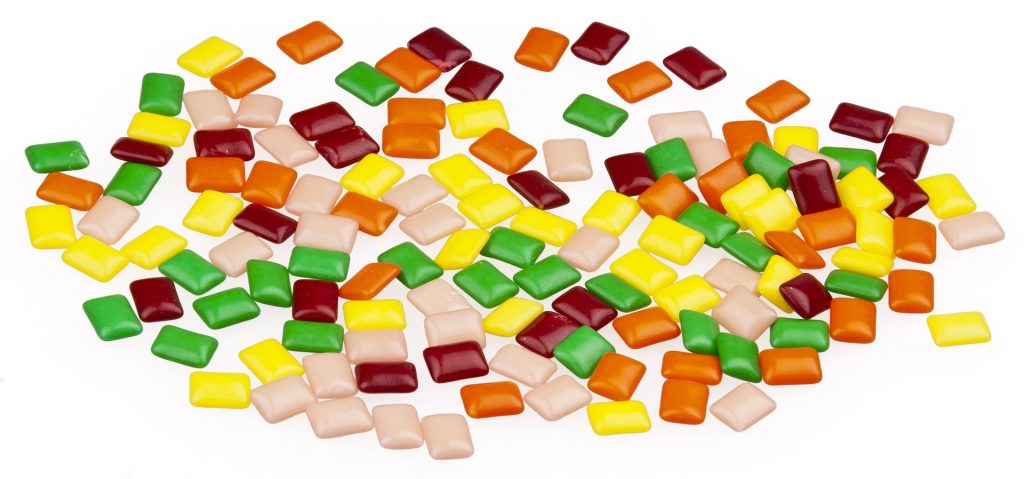 As stated previously, chewing gums that are high in sugar are worse for your teeth. Stay away from bubble-gums as these are usually very high in sugar and can have the opposite effect on your teeth, contributing to plaque buildup and the spread of bacteria.
As stated previously, chewing gums that are high in sugar are worse for your teeth. Stay away from bubble-gums as these are usually very high in sugar and can have the opposite effect on your teeth, contributing to plaque buildup and the spread of bacteria.
The pros and cons of chewing gum
We’ve summarised the key pros and cons for chewing gum below:
Pros:
Chewing sugar-free gum increases saliva production – chewing sugar-free gum after a meal is thought to help prevent tooth decay due to the amount of saliva you produce. Your saliva essentially helps rinse your mouth of the bacteria that would otherwise remain.
Improves oral hygiene – chewing sugar-free gum will help negate the positive effects that come with chewing (saliva production, rinsing etc). Chewing gums that are high in sugar will have the opposite effect, as bacteria requires sugar in order to survive.
Hardens your enamel – casein phosphopeptide-amorphous calcium phosphate (CPP-ACP) is a substance that’s now being used in selected chewing gums. The short name for CPP-ACP is Recaldent, and it’s thought to help harden tooth enamel and fortify it against the threat of tooth decay.
Cons:
Tooth decay – chewing gums that are high in sugar (such as bubble gum) are more likely to cause tooth decay, gum diseases and cavities. When you chew these gums, the sugar released clings to your teeth and will slowly wear away at your enamel. The longer the sugar coats your teeth, the weaker your enamel becomes. Brushing your teeth immediately after consuming sugary foods and drink is essential.
Jaw ache – overeating chewing gum can result in jaw ache, and while manufacturers will claim that their gum can be consumed regularly, it’s not advised. Common side effects of chewing too much gum too regularly can result in headaches and sometimes even toothache. In extreme cases, this can cause Temporomandibular Joint Disorder (TPD) a condition that causes discomfort around the face, neck and jaw.
Stomach problems – chewing gum for longer than necessary can cause your stomach (specifically your intestines) some stress. Chewing gum after a meal is common routine for some, but it’s advised that you abstain from chewing gum immediately after a meal to help your food properly digest.
Keep on top of your oral hygiene
 The term ‘sugar-free’ when it comes to chewing can be slightly misleading, but it isn’t a bitter-tasting as it’s sweetened using xylitol or other agents (mannitol, aspartame, sorbitol etc). Fortunately, your saliva is unable to break down these ingredients, so they won’t cause cavities.
The term ‘sugar-free’ when it comes to chewing can be slightly misleading, but it isn’t a bitter-tasting as it’s sweetened using xylitol or other agents (mannitol, aspartame, sorbitol etc). Fortunately, your saliva is unable to break down these ingredients, so they won’t cause cavities.

 Hove
Hove 01273 203514
01273 203514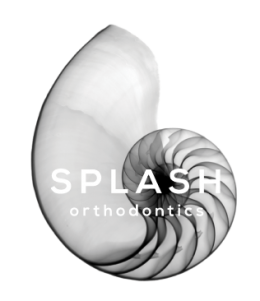



 Read more
Read more